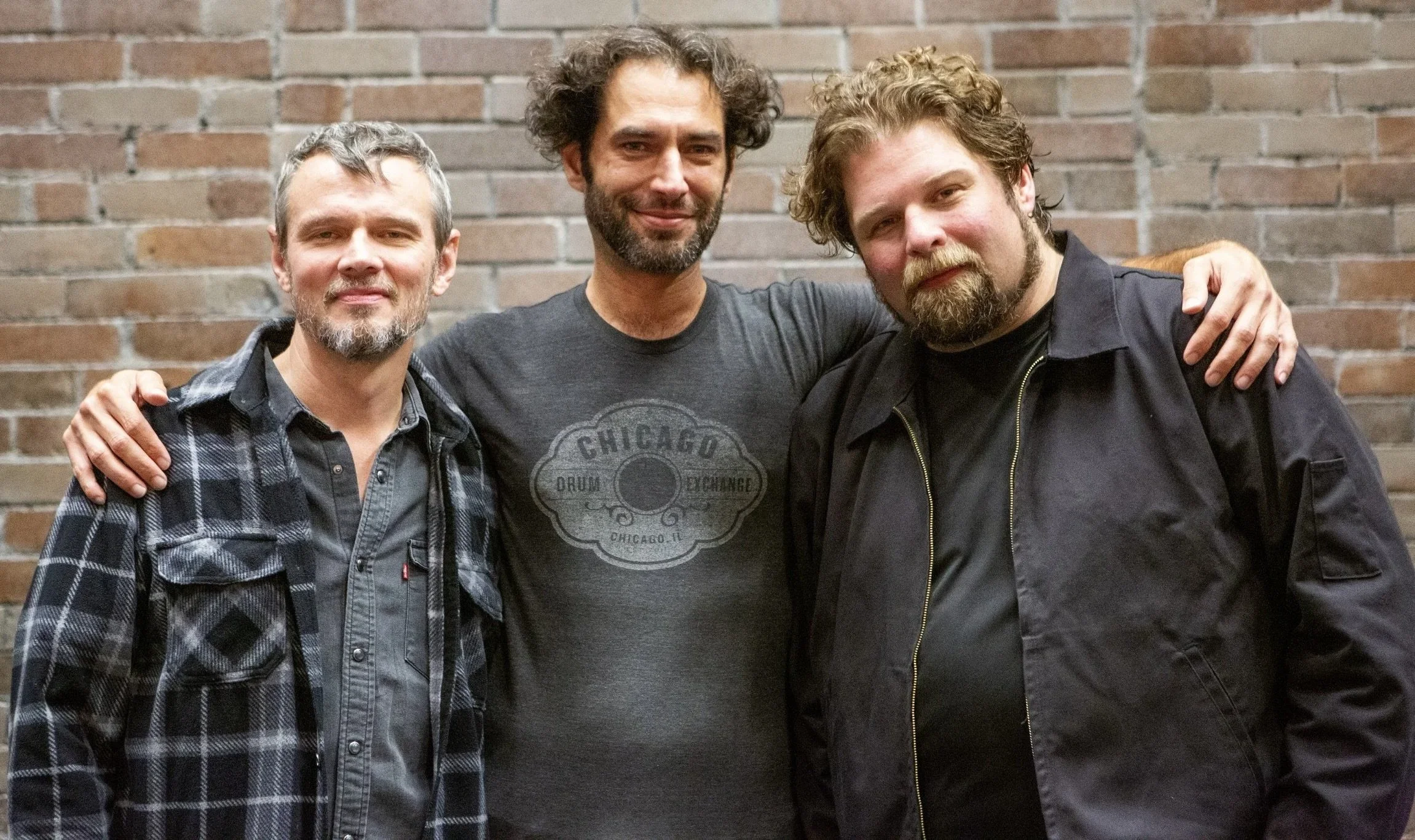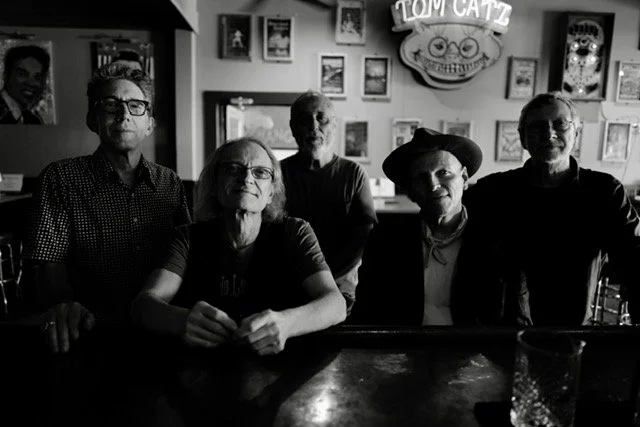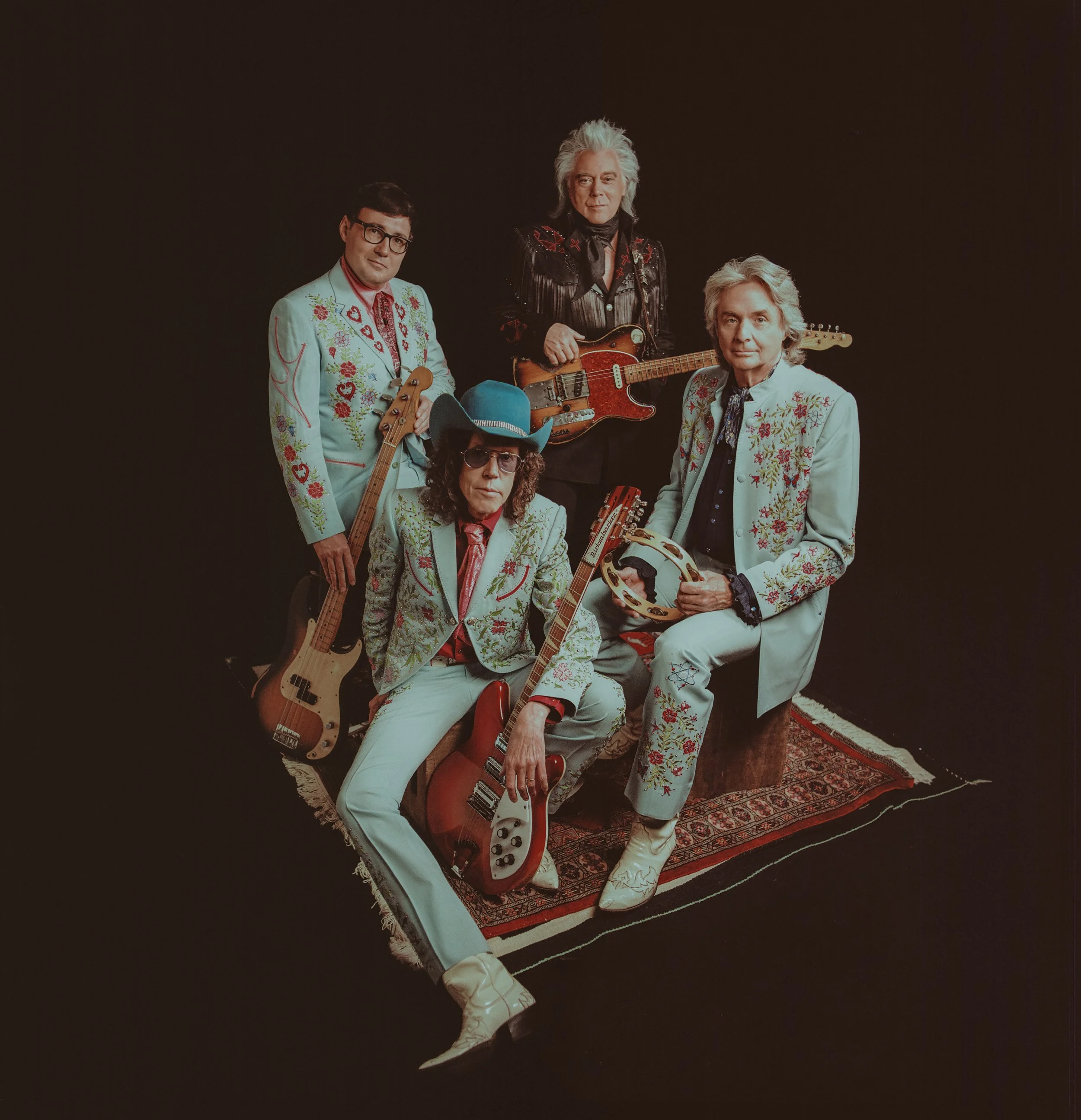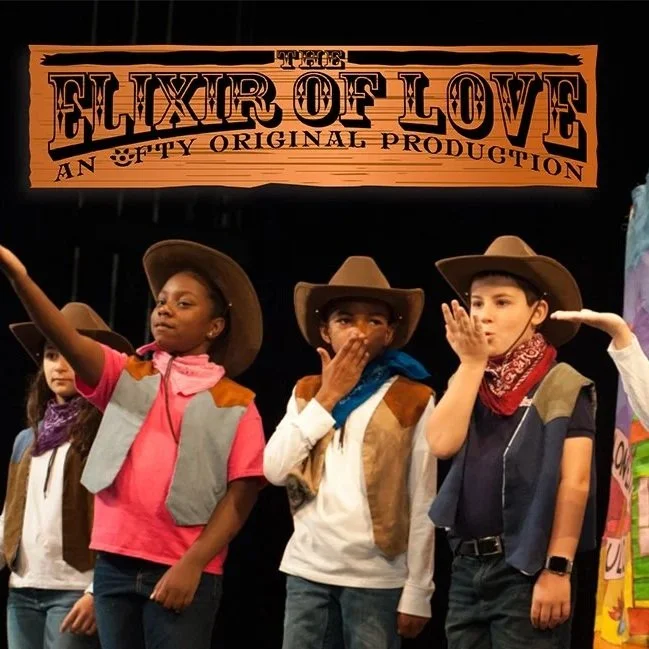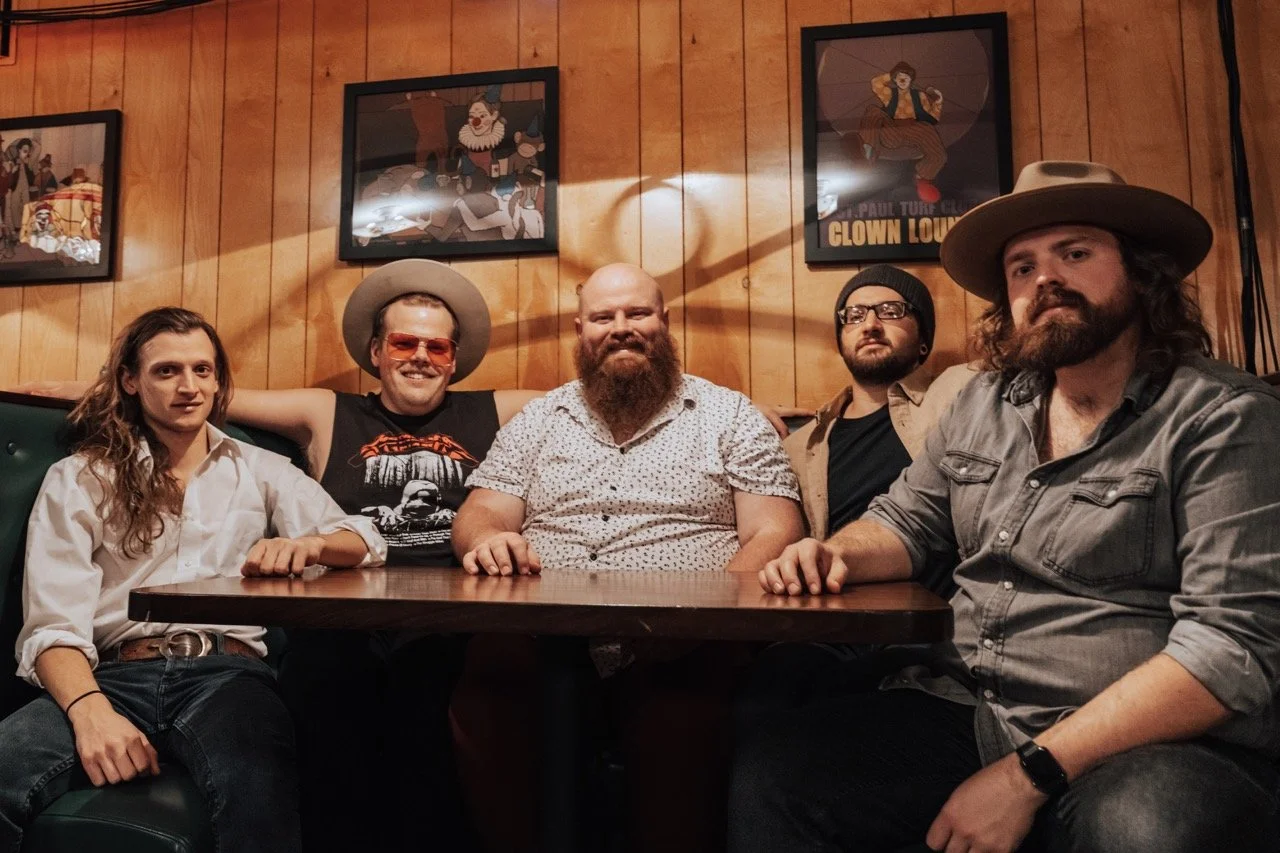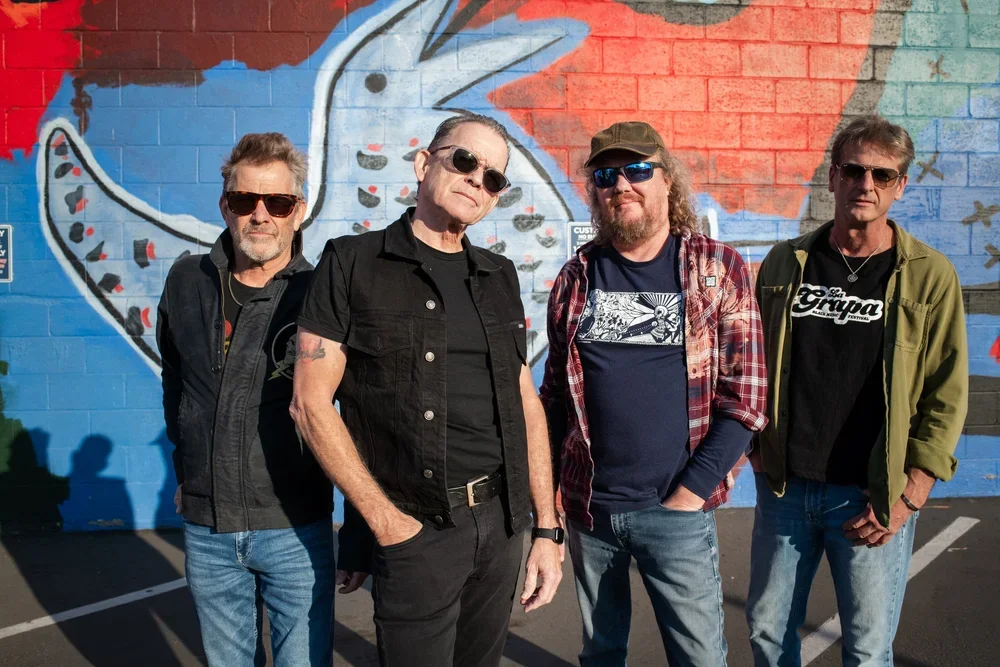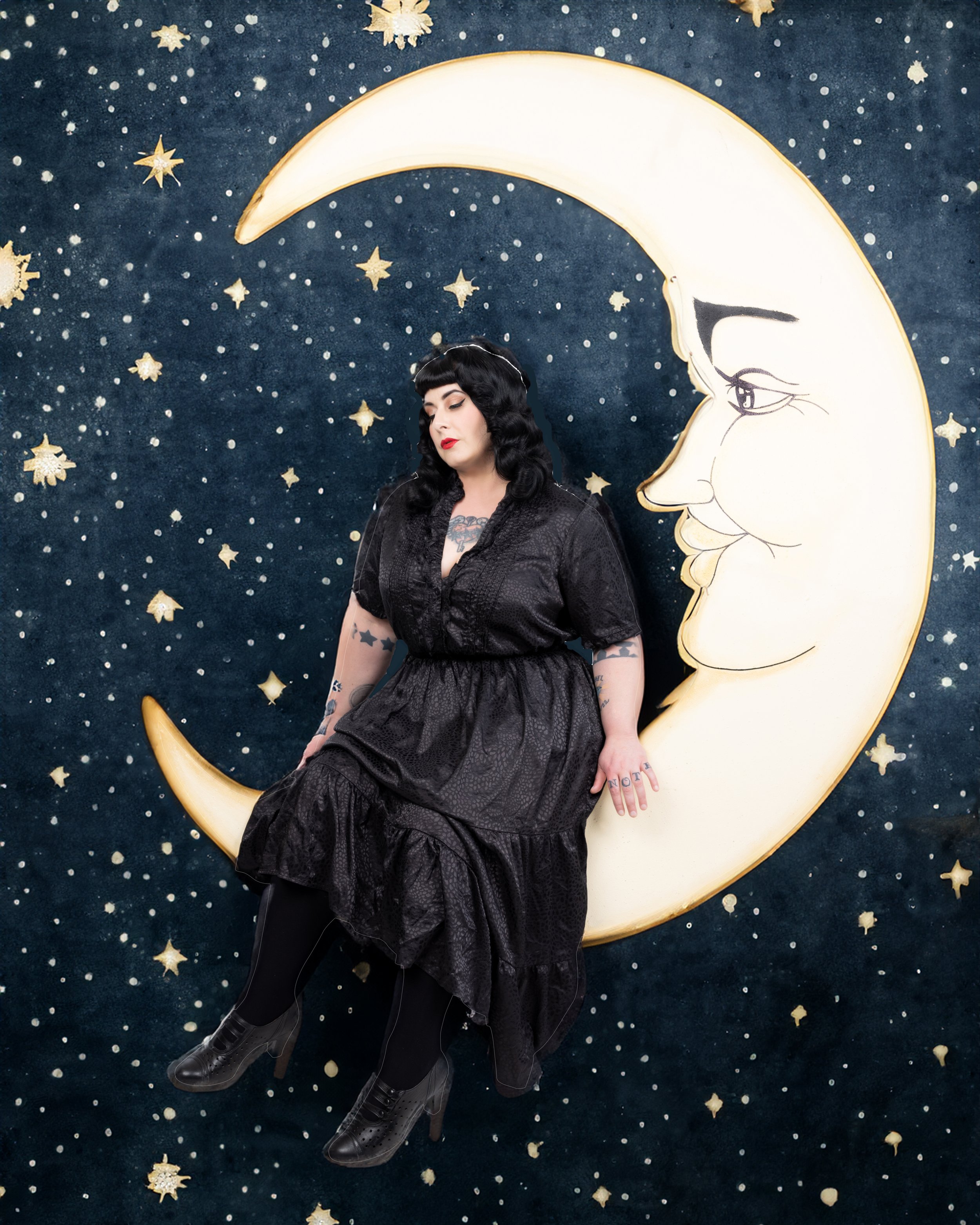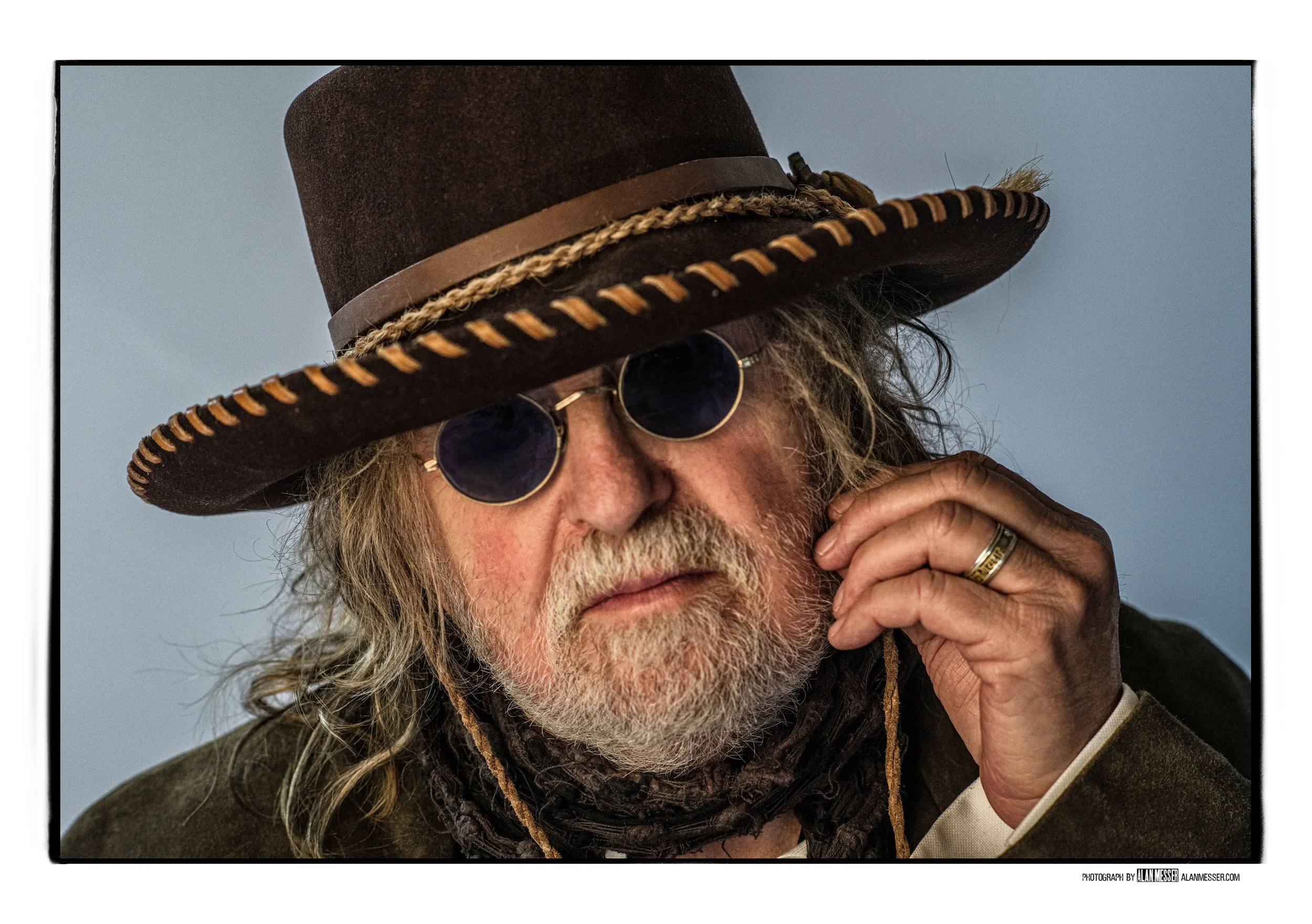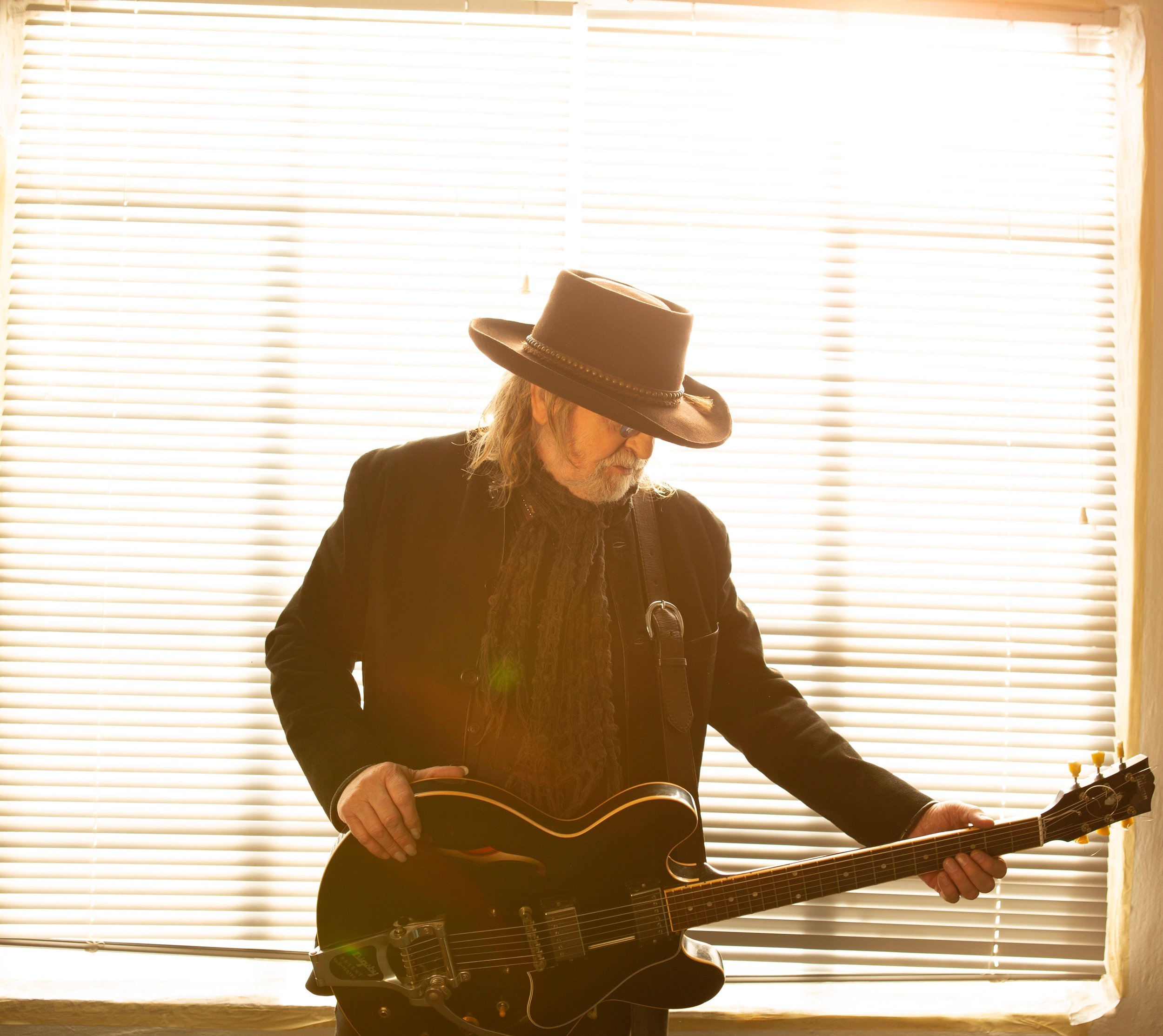When it comes to songwriting, less is more, and simplicity is strength. Just ask Paul Thorn, who’s spent three decades turning soulful grooves and small syllables into songs that pack a big wallop. Maybe he learned the power of minimalism from his years as a pro boxer; maybe it just comes naturally. But whether he’s targeting heads, hearts, hips or the occasional funny bone, he somehow manages to condense large nuggets of wisdom into tight little mantras, the kind embroiderers stitched onto pillows before internet memes existed.
Thorn’s new album, Life is Just A Vapor, contains some beauties: “Life is a vapor, let’s live it while we can”; “tough times don’t last, but tough people do” (from “Tough Times Don’t Last”); “any mountain up ahead is just a hill” (from “Old Melodies”). They’re words of advice, comfort, support, encouragement, often meant to uplift, especially in times of struggle.
“I like for people to be touched by music and get something from it, something that they can take with them throughout the day,” Thorn says. “Every song on this album, there's a message in it of some sort about how to live life.
” American Blues Scene writer Don Wilcock calls Thorn “an everyman (who) addresses things we all think about, but few can articulate with the kind of candor, humor and folksy truth that immediately endear him to almost everyone lucky enough to hear his music.”
Whether he’s expressing love in “I Knew,” warning an ex’s new conquest about the dangers ahead in “She Will,” extolling the value of holding off on sex in “Wait” or listing the ingredients for making a marriage work in “Courage My Love” (“a half-acre on your daddy’s land / and a little luck / a load of white gravel in our driveway / so we don’t get stuck in a rut /a 3-horsepower lawnmower and courage my love”), Thorn delivers his messages with consummate skill — and pinpoint precision. One minute, he’ll unwind an outrageous tale full of wild characters (often accompanied by his own cartoonish illustrations); the next, he’ll tug at heartstrings with confessions of love, loss or failed dreams, balancing wit and pathos with an ease only the best storytellers can pull off. One of Thorn’s favorites was his friend and mentor John Prine, who inspired the title tune.
We’ll discuss that one in a bit, but first, we should mention that in “Wait,” a commentary about dating in the Tinder era, the fella who buys his dates dinner with a two-for-$20 coupon is someone Thorn actually knows. “Geraldine and Ricky” is based on real people, too — well, a real person and her hickory-headed dummy. Whether written solo, with longtime manager/collaborator/album producer Billy Maddox or with Chuck Cannon, Scotty Brassfield or Denny Carr, nearly all of these songs are inspired by or reference actual events or people; Geraldine was a traveling evangelist who couldn’t connect with children until she tried ventriloquism. When she spread the lord’s word through Ricky, kids were mesmerized — including 5-year-old Thorn, who requested, and got, a ventriloquist doll for Christmas.
“I would get up and tell jokes at church, and I'd take it to school and tell jokes at school,” he says, with that Tupelo, Miss.-formed accent and instantly charming, matter-of-fact delivery he has. “I had my mind up that when I grew up, I was going to be a ventriloquist.” (His singing career actually began at 3 — in church, of course; Thorn’s dad was a Pentecostal minister.)
Over a snaky rhythm enhanced by guest guitarist Luther Dickinson, Thorn fictitiously paints Geraldine as “a toxic opportunist looking for anything that will better her situation.” When she lands a dying old sugar daddy, she dumps Ricky. But karma catches up to Geraldine, while Ricky, thankfully, gets rescued.
But Life is Just a Vapor is not all homilies and humor. “I’m Just Waiting,” a catchy, funky tune featuring blues guitarist Joe Bonamassa, deftly examines relationship insecurity. In “Chicken Wing,” over a cool melody on which guitarists Michael Graham and Bill Hinds (on slide) merge T. Rex with Southern rock, a former pimp and scam artist admits: “I’m in the winter of my life / I love my dog, I like my wife / I wash the dishes, I sweep the floor / I keep a 12-gauge behind the door.”
For the record, the song is not about the uncle Thorn introduced on Pimps and Preachers, one of a dozen albums he’s released on his own Perpetual Obscurity Records since founding the label in 2000. (Thorn made his recording debut on A&M Records in 1997, after ex-Police manager Miles Copeland III heard him and had him open for then-client Sting, one of A&M’s top talents.) And just to be clear, Thorn’s definition of pimp includes “anybody that manipulates people and doesn't give them nothing in return.”
“I'm around pimps every day, especially in the music business,” he adds. “A pimp is a larger word than just somebody on the corner with a gold chain. ‘Chicken Wing’ is an overview of a bunch of pimps that I have known in my life and I melded their stories together. … all that song is about is different seasons of life.”
Speaking of seasons of life, two of the album’s most poignant songs contemplate the passage of time. “Old Melodies,” the kind of song a retro-country-loving couple might dance to after renewing their wedding vows, suggests challenges are easier to face with a partner by your side.
“It's about being together through life, and that's where I'm at,” Thorn says. “I'm 60 years old, and the stuff I'm writing about and singing about is for people that get what being 60 years old is.” Then he reveals the song’s sobering origin, which adds a different perspective.
“We had a family problem a long time ago, a relative that ran off the tracks with drugs and everything,” he explains. “When my dad was dealing with the pain of the heartache that somebody he loved was in a dark hole, he was just standing there, crying. And he said, “Man, ‘Amazing Grace’ used to be my favorite song, but now it’s ‘We Shall Overcome.’ Boy, that just hit me right between the eyes. They're both great songs, but ‘Amazing Grace’ is more like a praise song. ‘We Shall Overcome’ is, ‘We got something we gotta deal with, and we're gonna deal with it, and we're gonna get past it.’ I thought that was a beautiful thing he said.”
Thorn, a brilliant gospel stylist, could sing the heck out of either of those songs. If you haven’t heard his version of the O’Jays’ hit, “Love Train,” from Don’t Let the Devil Ride, his 2018 album of gospel covers, you haven’t experienced the song the way it truly should be heard.
On this album, he’s backed occasionally by Tupelo gospel group New Testament, or Muscle Shoals session singers Cindy Richardson and Marie Lewey (aka the Shoal Sisters) — who sing on “Life is Just a Vapor,” a phrase adapted from scripture.
It's safe to say no one but Thorn would start a song with the lines, “Me and John Prine was eating ice cream / at the Double Tree Inn Suite 1019.” And no one but Thorn would follow them with, “Don’t tell Fiona she won’t understand / Life is a vapor. Let’s live it while we can.”
Of his late friend, Thorn says, “He’s one of the greatest songwriters of all time, and one of the nicest people, too. I can't even count the times I've opened up for him, which was a great opportunity for me.
” As he will do for countless audiences, Thorn narrates the story behind those lyrics: “One night after I opened up for him,” he recounts, “John invited me and a few other friends to come to his hotel room and have some ice cream after the show. So I went, and it was a big thrill. Then the next morning I went on Facebook and I wrote about my encounter, and I said to the world what a moment it was for me to get to hang with John and have this ice cream and everything
. “Right when I posted it, his manager called my manager and said, ‘Take that post down immediately. John is a severe diabetic, and his wife Fiona is going to kill him for eating ice cream.’”
In total straight-man mode, Thorn nonchalantly adds, “Yeah, I got him in trouble for eating ice cream.”
And that’s how the finest troubadours do it: Set ‘em up with humor, then hit ’em in the feels with lines like, “Every day’s a gift, breathe in and hold it. / Every day’s a gift, it’s gone before you know it.”
Gorgeous, moving words. Simple, straight-forward and, if you’ve lost a loved one, or a hero like Prine, very likely tear-inducing.
“I'm just trying to put out a good body of work that will be remembered like John's music,” Thorn admits. “I'm trying to carry on his tradition, to keep it alive.”
Prine, the heavyweight champ at spinning humor and heartbreak into gold, would have loved this song, and this album. Maybe the lyrics he inspired will motivate someone to grab some thread and start stitching.
“Shoulda, woulda, coulda, I’ll do it someday, / Turns into time just slippin’ away. / The hour glass is runnin’ out of sand, / Life is a vapor. Let’s live it while we can.”
www.paulthorn.com
TICKETS

























































